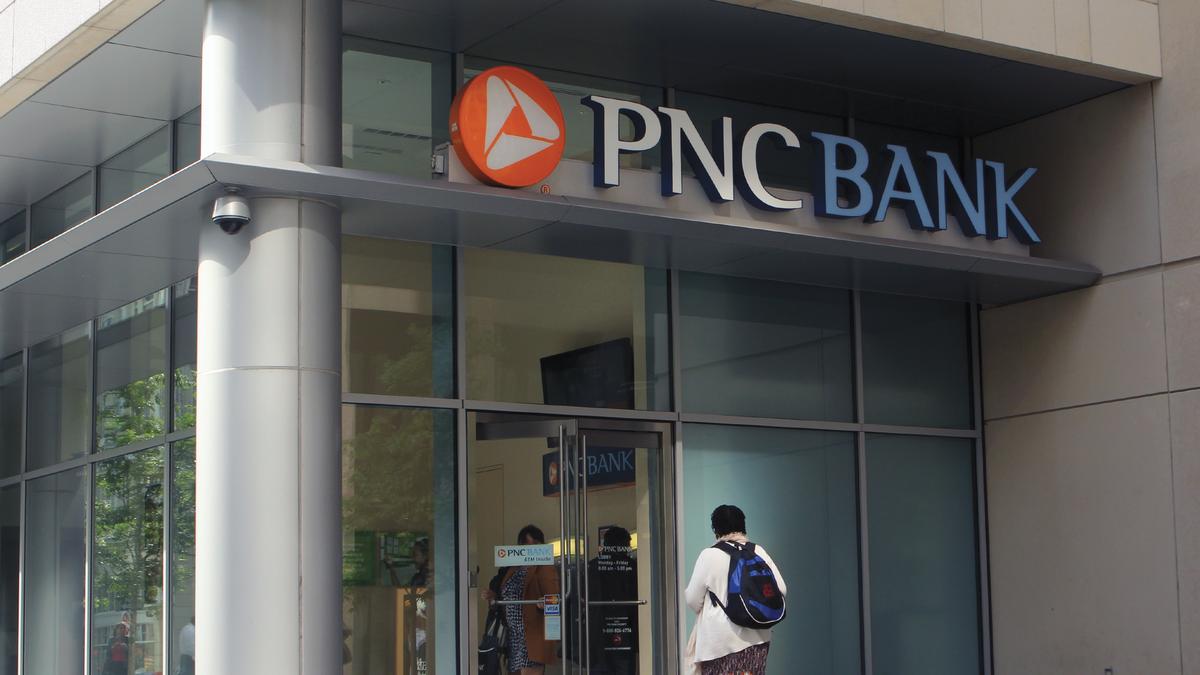PNC Bank has announced its integration with the Akoya Data Access Network.
More than nine million PNC customers will be able to securely share their financial data with fintechs and data aggregators with enhanced security through the application programming interface (API)-based network.
Through Akoya, PNC customers will provide permission to share account information with financial apps without having to provide their login information, such as usernames and passwords. PNC customers also will be able to easily monitor and revoke access to fintechs and data aggregators connected through the Akoya Data Access Network.
“PNC takes very seriously our responsibility to protect the financial and account information that our customers entrust to us,” said PNC Chairman, President and CEO William S. Demchak. “Many customers assume it is safe to provide their sensitive information to the financial app of their choice. However, we know this information has been used for unauthorized access to customer accounts. That is why we have been taking interim steps to provide accessibility and security – and with today’s announcement, we are providing a permanent solution for striking the right balance between customer choice and data protection.”
“By teaming up with Akoya, we are fulfilling our vision of wide-scale API adoption for financial data aggregation and giving our customers increased protection, transparency and control over their financial information,” said Natalie Talpas, senior vice president, group manager, Digital at PNC. “It is imperative that financial institutions, fintechs and data aggregators of all sizes work together to create a safer path for consumers to share their financial data and move away from less secure data-sharing methods.”
“Today, we are announcing more than just an agreement – PNC is in production and available to fintechs and data aggregators who are on our network,” said Stuart Rubinstein, CEO of Akoya. “We have worked tirelessly to streamline our integration process so that data providers can onboard and provide an API-based alternative for financial data aggregation as quickly as possible.”











